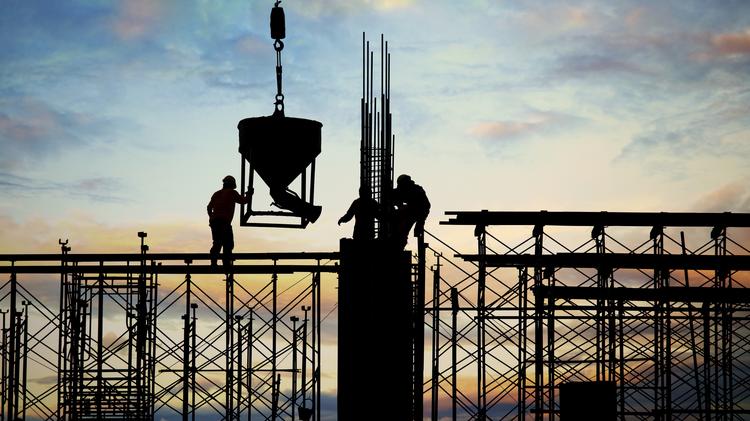
 Millions of voters went to the polls last week. After voting for state and national leaders, Texans cast affirmative votes for almost $5B in bond packages. Voters approved more than $4.8 billion in local bond elections – creating immediate contracting opportunities worth millions of dollars for companies of every size and type throughout the state.
Millions of voters went to the polls last week. After voting for state and national leaders, Texans cast affirmative votes for almost $5B in bond packages. Voters approved more than $4.8 billion in local bond elections – creating immediate contracting opportunities worth millions of dollars for companies of every size and type throughout the state.
The new funding will cover contracting opportunities related to infrastructure, transportation, construction, architectural, engineering, technology, security, education, energy, lighting, public safety, law enforcement and more. Almost every region in Texas will feel the impact.
Cities and regional organizations have truly become the economic drivers in Texas. Citizens realize that schools and other public facilities must be modernized and expanded because of the state’s population growth. New jails, fire departments, health care clinics and affordable housing are also top priorities for many communities. Transportation is critically important to citizens and most municipalities are working hard to become “smart cities” that offer higher quality and more efficient services. Because of all of this, it is not surprising that the new funding was approved by voters. The passage of more than three-dozen of the 44 bond referendums will also result in thousands of jobs. This will be a great economic stimulus.
More than $5.2 billion in bond issues went before Texas voters, and 85 percent of them passed. The largest bond vote was a $720 million transportation issue in the city of Austin. That particular bond referendum includes $101 million for regional road projects, $482 million for implementation of seven corridor plans and $137 million for other projects such as sidewalks, bicycle paths and urban trails.
Also among the statewide bond issues were 18 successful school referendums that will result in $2.6 billion in projects. The largest was in the El Paso Independent School District, where voters gave their approval of a $668.6 million bond issue. As a result of its passage, $26.1 million will be spent on campus athletics projects. Technology spending of $4.1 million will be dedicated to purchase of student laptops and $9.4 million will be spent on network infrastructure. Facilities’ spending includes new school construction as well as building renovations and rebuilds.
In addition to the city of Austin transportation bond, here are some examples of other bond packages that passed in the Austin area:
- City of Granite Shoals – $3 million – Proceeds from this arterial road bond will pay for improvements to Phillips Ranch Road, Prairie Creek Road and Valley View Lane.
- Smithville ISD – $35 million – The bond proposition includes a new junior high to serve grades 6-8 and a new multipurpose athletic complex to support physical education, football, track, soccer, band and special events. Bond funding will also help pay for renovations and additions to existing schools to minimize the use of portable buildings, improve safety and security and support 21st century learning.
- Hays County – $237.8 million – Voters approved two bond proposals. Proposition 1 relates to public safety and will provide for expanding and remodeling of the current county jail at a cost of $62.4 million. Another $44 million will be dedicated toward a new law enforcement center and Emergency Operations Center/911 facility. Proposition two will bring $131.4 million to the table for county transportation projects. Funding of $98.9 million will address more than two-dozen road projects, including $20 million for a widening project on Dacy Lane and $14 million for safety improvements to RM 3237. A total of $22.5 million of the bond proceeds will be used for drainage and low-water crossing improvements, bike and pedestrian infrastructure improvements and environmental and conservation projects. Officials also set aside $10 million for safety and mobility project partnerships.
Most public officials report that they intend to jump-start projects as quickly as they possibly can. While the bonds are being funded, many have plans to move forward with solicitation documents so that no time is lost. Most of the contracts to be offered will extend over multiple years. Things are about to get busy in Texas and private-sector firms interested in competing for work in any region of the state should be making inquiries about the process immediately.
